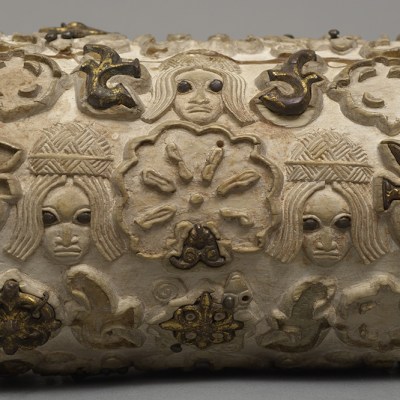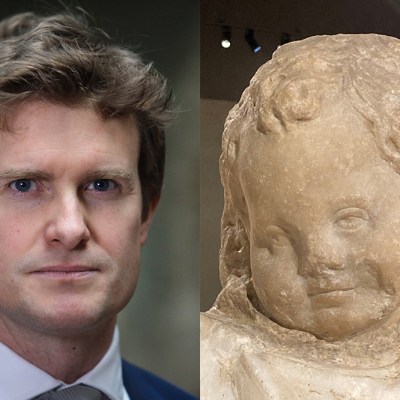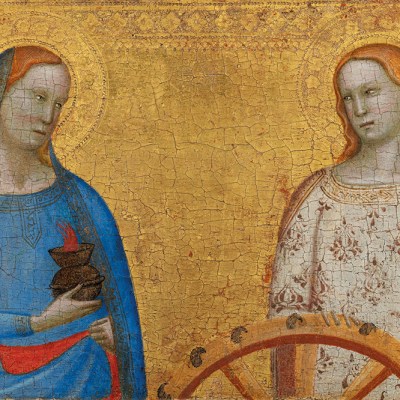
On Friday 8 March, to coincide with the opening of TEFAF in Maastricht, Edward Behrens chaired a discussion presented by ARTE Generali with Apollo at the Fotomuseum aan het Vrijthof. The panellists were Sarah Done (Director, Restitution at Christie’s), Professor Dr Barbara Plankensteiner (Director of MARKK, Hamburg and co-founder of the Benin Dialogue Group) and Christopher A. Marinello (CEO, Art Recovery International).
Restitution is a subject that is rarely away from the news. Discussions around the Parthenon marbles frequently make the front page. On the other side of the Atlantic, the Manhattan District Attorney’s office recently filed a motion accusing the Art Institute of Chicago of ignoring evidence that a drawing by Egon Schiele was looted by the Nazis. The museum claims that it has good title to the work. All matters of restitution are difficult to untangle and, as collecting categories widen, are increasingly something that every collector needs to be concerned about.
Marinello was categorical about the fact that ‘when you buy something, when you spend your good money on something, you better be very careful about what you’re buying and who you’re buying from.’ Provenance is too important to rely on the word of galleries or auction houses; you must take responsibility for establishing the provenance yourself.
As Done made clear, the act of confirming provenance is painstaking and requires research and commitment. It is a process that has been transformed by the digitisation of archives. There are now, she says, ‘a vast array of resources at our fingertips’.
The decision by the German government to return all the Benin Bronzes in state collections to Nigeria coincided with the project led by Plankensteiner to digitally reunite all the looted bronzes. ‘From this,’ she said, ‘we can reconstruct what was there in Benin City at the time and what we consider today, most probably, the largest loot of a royal heritage.’
There will, of course, always be a market for beautiful objects. There are certain things that come without a controversial history, that are free from claims of foul play, and there is nothing wrong with collectors buying them for their own enjoyment. Indeed, as Done said, ‘It’s important that there are global art objects [on view] and it’s not just the Western canon that is prioritised. We risk pushing things underground or stigmatising certain types of art if they don’t have a place on the global scene.’ The key to enriching an individual’s collection, and the collections available to everybody, is to research the provenance as thoroughly as possible so that you can understand the claim to an object that you might want to make part of a collection.
For more information and insights from ARTE Generali please click here


